As I would not be a slave, so I would not be a master. This expresses my idea of democracy
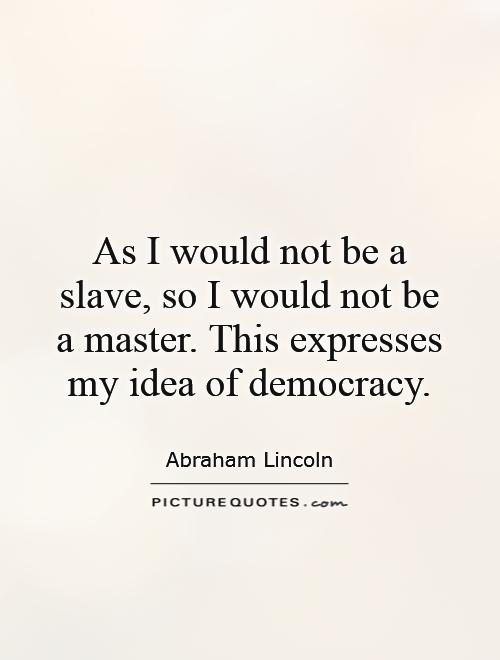
As I would not be a slave, so I would not be a master. This expresses my idea of democracy
Abraham Lincoln, the 16th President of the United States, is often remembered for his leadership during the Civil War and his efforts to abolish slavery. One of his most famous quotes, "As I would not be a slave, so I would not be a master. This expresses my idea of democracy," reflects his deep commitment to the principles of equality and freedom.Lincoln's statement encapsulates his belief in the fundamental rights of all individuals to be free from oppression and tyranny. He understood that true democracy is not just about the rule of the majority, but also about protecting the rights of minorities and ensuring that all people are treated with dignity and respect. In this sense, Lincoln saw democracy as a system that empowers individuals to govern themselves and participate in the decision-making process.
Lincoln's opposition to slavery was rooted in his belief that no person should be subjected to the dehumanizing institution of bondage. He recognized that the enslavement of one group of people by another was a violation of the principles of democracy and a betrayal of the values upon which the United States was founded. By working to end slavery and promote equality for all, Lincoln sought to uphold the ideals of freedom and justice that are at the heart of democracy.
Furthermore, Lincoln's rejection of the idea of being a master also speaks to his humility and his understanding of the limitations of power. He recognized that true leadership is not about dominating others or exerting control, but about serving the common good and working for the betterment of society as a whole. By refusing to be a master, Lincoln demonstrated his commitment to democratic principles and his belief in the importance of equality and justice for all.



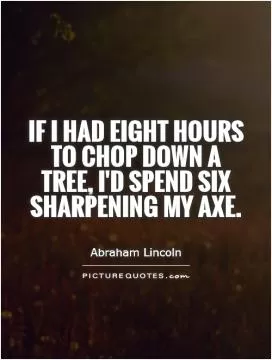
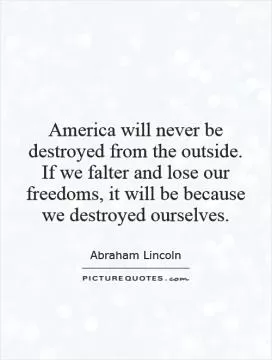

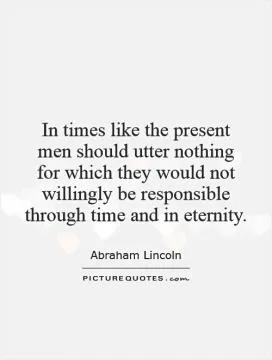
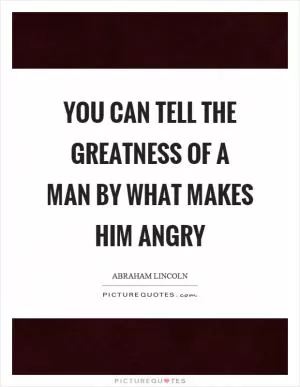
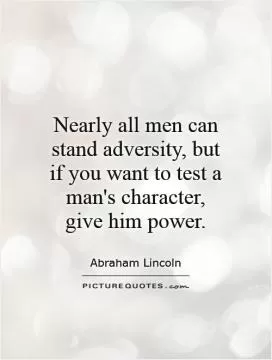
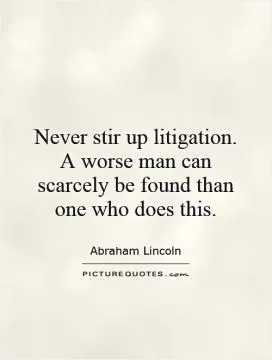
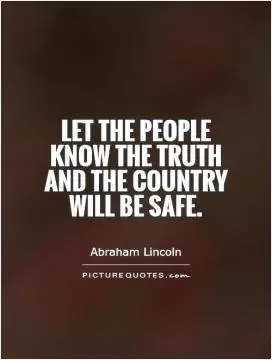

 Friendship Quotes
Friendship Quotes Love Quotes
Love Quotes Life Quotes
Life Quotes Funny Quotes
Funny Quotes Motivational Quotes
Motivational Quotes Inspirational Quotes
Inspirational Quotes